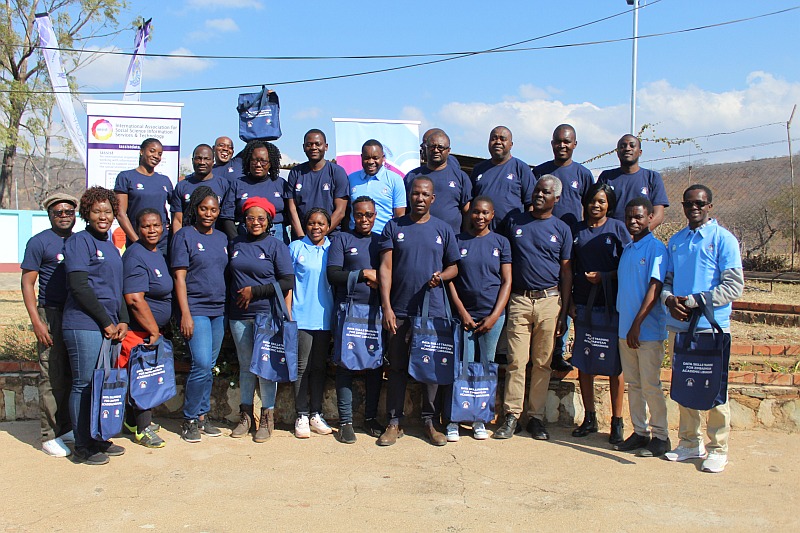By Phillip Ndhlovu | September 20, 2023
Data Skills Training Workshop for Zimbabwean Academic Librarians was held at Gwanda State University (GSU), Epoch Mine Campus, Filabusi, Zimbabwe from the 19th to the 20th of July 2023, with support from an IASSIST Program Sponsorship award. The event was hosted by the GSU Library. The training workshop targeted academic librarians in Zimbabwe with the main objective of increasing 1) their knowledge of research data management and 2) their capacity to assist researchers in this area.
Twenty-four participants drawn from 12 universities in Zimbabwe attended. Over the course of the training, seven local and international facilitators delivered captivating and informative presentations about various types and formats of research data; the kinds of activities involved in managing and sharing research data; expectations from research funders; and resources available to support researchers with data management and writing data management plans. Attendees were also introduced to the goals and objectives of IASSIST.

Group photo of the workshop attendees at Gwanda State University Epoch Mine Campus.
Participants were invited to join a WhatsApp group to stay in touch and exchange questions and tips about managing research data. A key recommendation from the workshop was for all participants to advocate for ongoing training workshops on research data management through the Zimbabwe University Libraries Consortium to keep Zimbabwean librarians abreast of the most recent developments.
One participant, Ephraim Makeke, said, “I am incredibly grateful for the opportunity to participate in such a well-structured and insightful event. I was particularly impressed by the emphasis on data ethics and data sharing principles during the workshop. The collaborative atmosphere fostered during the workshop will undoubtedly lead to potential future collaborations and shared insights. The data skills training workshop was an outstanding opportunity to sharpen my skills and understanding of essential data management practices in the research context. I now feel more confident in my ability to handle research data effectively and ethically.”

